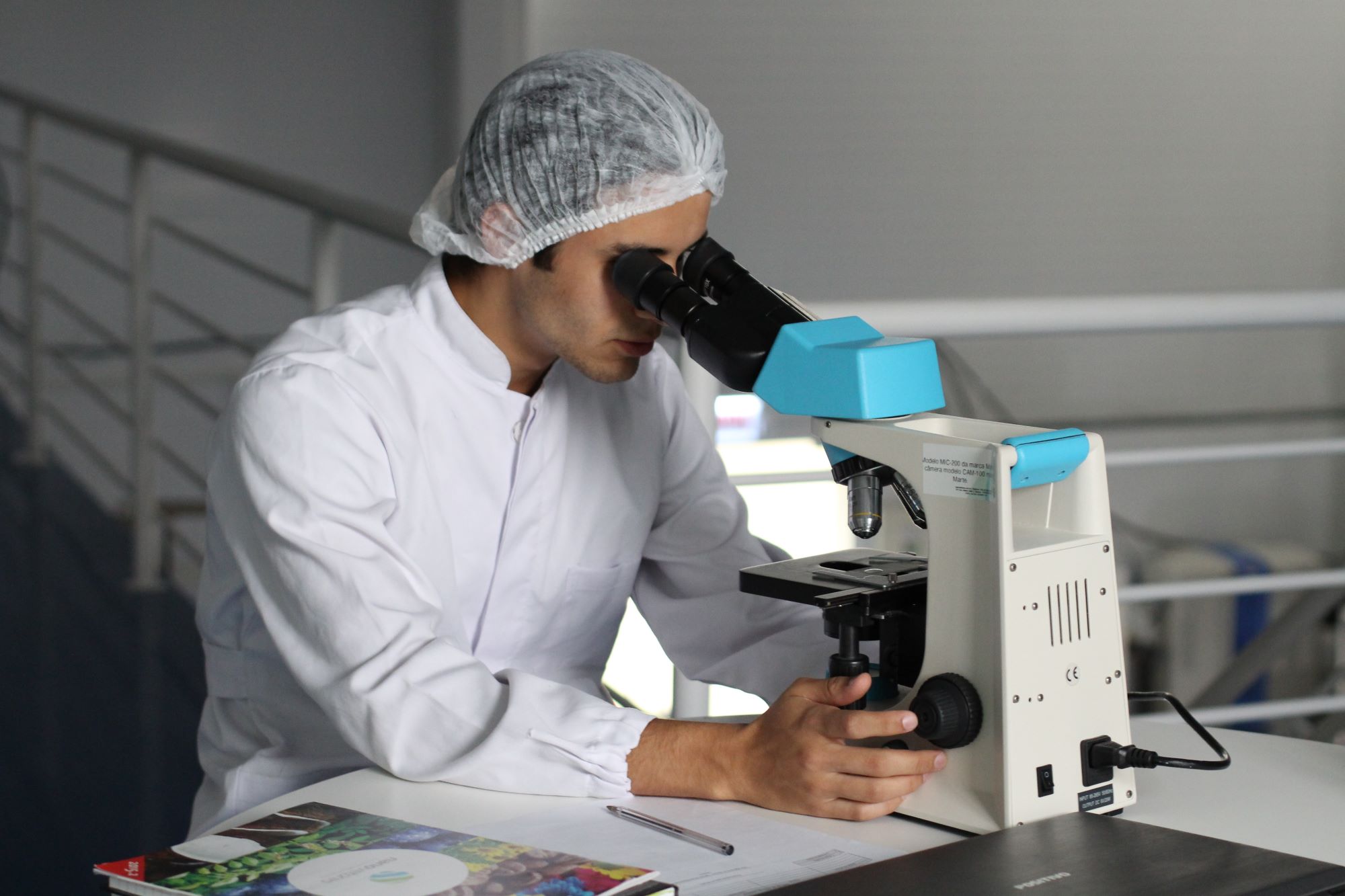Back to ‘About Pancreatic Research’
Pancreatic cancer patients have few treatment options. Our mission has always been to enable the development of new, innovative therapies to help more people survive. Our projects in this category use the very latest thinking, technologies and techniques to develop new and innovative ways to tackle the disease, including research to pave the way to personalising treatments to match the genetic profile of individual patients’ tumours.
Researchers working in this area:
Professor Laura Itzhaki, University of Cambridge
Prof Itzhaki has developed a way to harness the cell’s waste-disposal machinery to get rid of faulty proteins. She is looking at whether it can be used to eliminate proteins produced by a faulty gene called KRAS, which is found in many pancreatic cancers. Find out more.
Professor Gunnel Halldén, Barts Cancer Institute, Queen Mary University of London
Professor Halldén is using a flu-like virus, delivered into the bloodstream, to seek out and infect pancreatic cancer cells wherever they are in the body. Find out more.
Dr Richard Clarkson, Cardiff University
Pancreatic cancer cells contain a molecule called c-FLIP which stalls the process by which damaged and diseased cells die. Dr Clarkson is looking at ways of blocking c-FLIP to ‘release the brakes’ on the anti-tumour process. Find out more.
Dr Naomi Walsh, Dublin City University
Dr Walsh is designing chemotherapy drugs that will target and kill types of cancer stem cells within pancreatic tumours that are responsible for drug resistance and relapse. Find out more.
Professor Yaohe Wang, Barts Cancer Institute, Queen Mary University of London
Professor Wang is developing immune cells that can specifically attack cells displaying different markers associated with pancreatic cancer. Find out more.
Professor Alex Breeze, University of Leeds
This project is working with two proteins involved in cell division. A mutated version of one protein causes cells to divide uncontrollably and is found in 90% of pancreatic cancers. Find out more.

